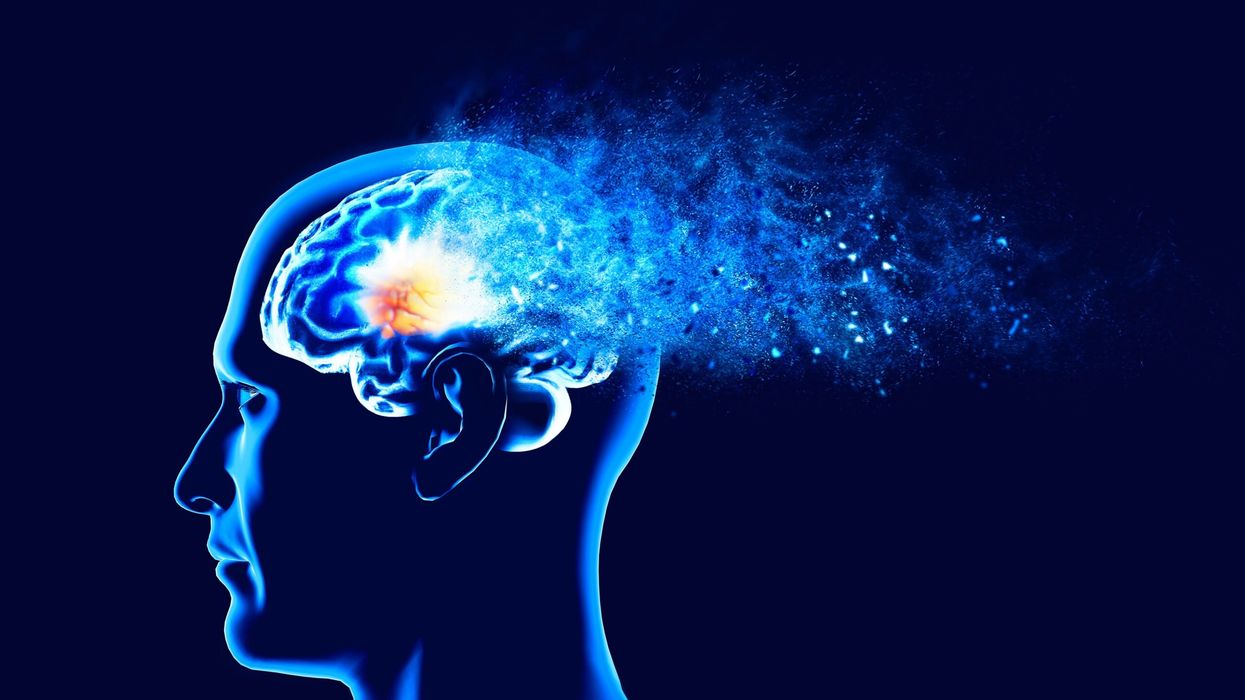A new AI-based model has been developed to predict the onset of Alzheimer's disease by analysing an individual's speech, according to the developers.
The model, trained on audio recordings of patients with mild cognitive impairment, achieved 78.5 per cent accuracy in forecasting whether patients would remain stable or progress to dementia within six years, the researchers reported.
Alzheimer's disease is the most common form of dementia, affecting daily activities by impairing memory and thinking.
Researchers at Boston University, US, used recordings of initial interviews of 166 patients aged 63-97. They trained the model using machine learning to identify patterns in speech, demographics, diagnosis, and the progression of their condition.
The model analyses the content of interviews, such as spoken words and sentence structure, rather than speech features like enunciation or speed, according to the study published in the journal Alzheimer's and Dementia.
"We combine the information we extract from the audio recordings with some very basic demographics - age, gender, and so on - and we get the final score," said Ioannis C Paschalidis, a professor of engineering and the study's corresponding author.
"You can think of the score as the likelihood, the probability, that someone will remain stable or transition to dementia. It had significant predictive ability," said Paschalidis.
The researchers noted that the model performed well despite challenges like low-quality recordings and background noise.
They emphasised that early prediction is crucial since current diagnostic tests often identify Alzheimer's disease only after significant cognitive decline, such as memory loss and changes in personality.
The team aims to make their model accessible through an app, potentially increasing the number of people screened in remote areas.
(PTI)





